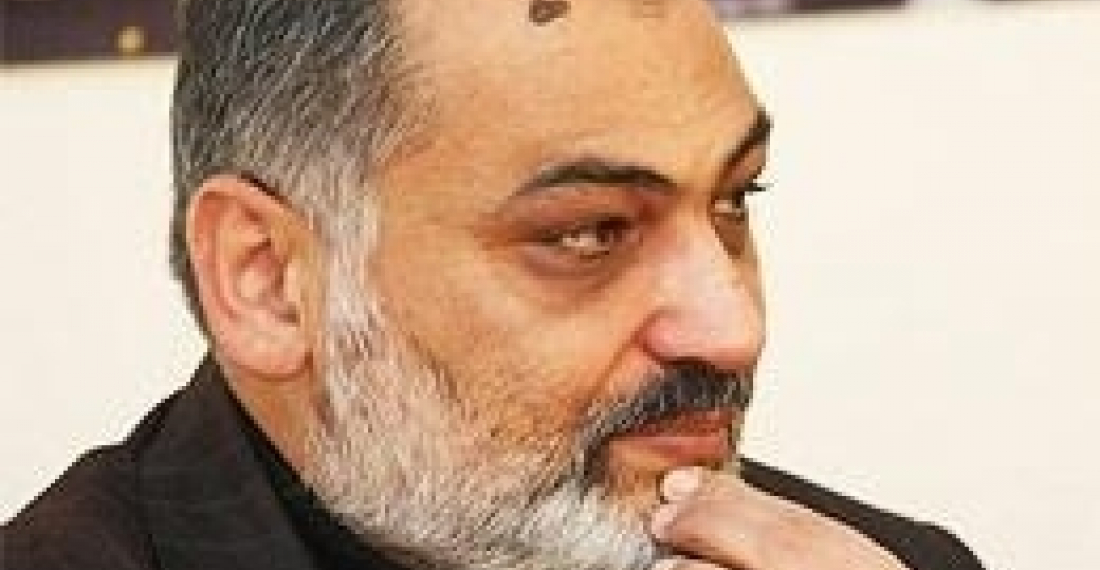The authorities of Azerbaijan have been preparing the legal basis for joining Northern Iran, Director of the Institute for Oriental Studies, Turkologist, Professor Ruben Safrastyan told Arminfo correspondent when commenting on the statement by a parliament member from the ruling "Eni Azerbaijan" party about expediency to call Azerbaijan like a split state - Northern Azerbaijan.
"When speaking about renaming of Azerbaijan to the Northern Azerbaijan, the authorities of this country have been preparing the legal basis for joining the northern part of Iran, in which the so called South Azerbaijan is located, if battle actions against Iran start. I don't think that the USA itself welcomes such an initiative, but if nevertheless the battle actions start, the USA will render a great service to Azerbaijan", - Safrastyan said.







